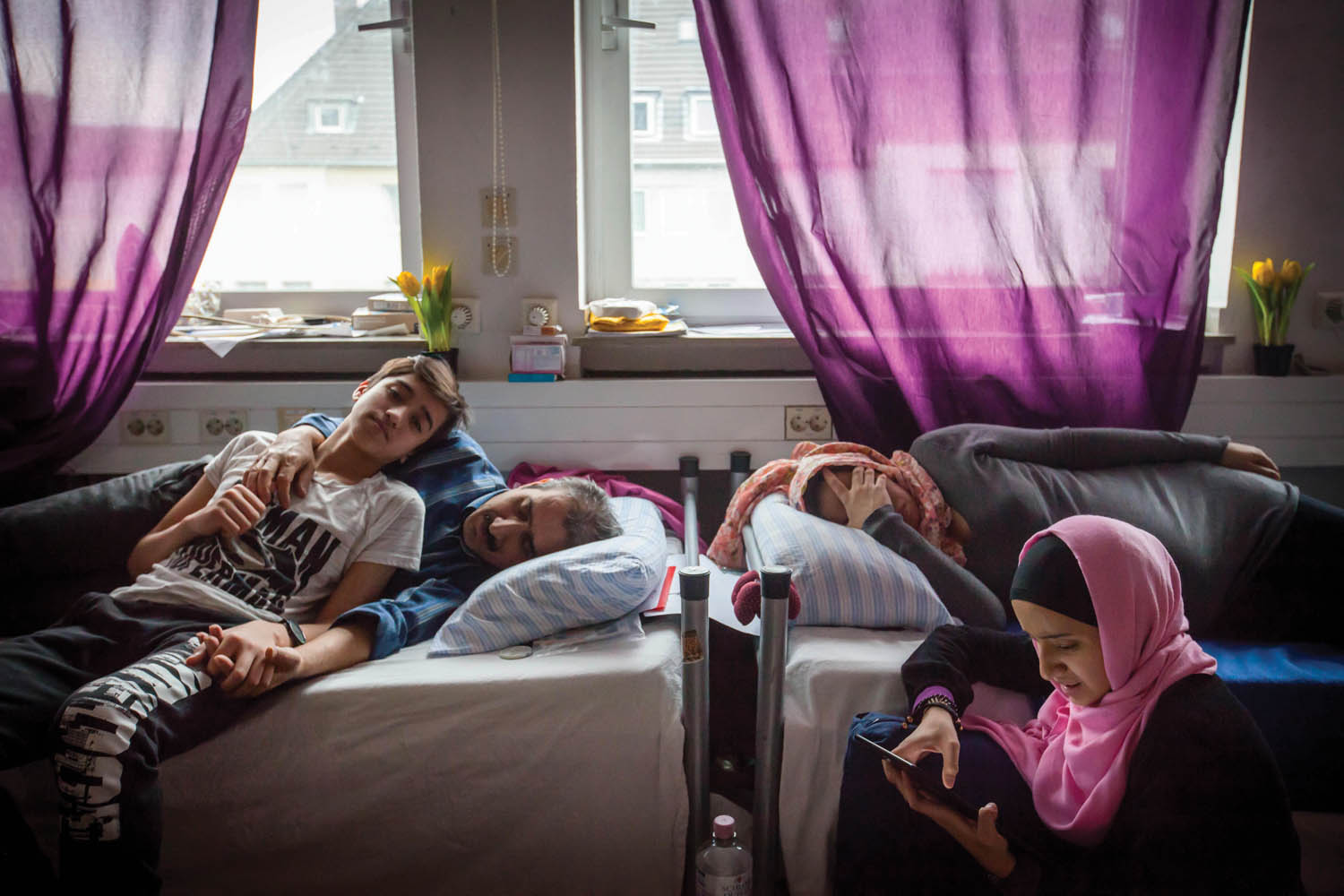Image


You should really subscribe now!
Or login if you already have a subscription.
Diàna Markosian is a photographer whose images explore the relationship between memory and place. Born in the former Soviet Union, her family immigrated to the United States when she was a child. She holds a master’s degree from Columbia University’s Graduate School of Journalism. Her work has appeared in National...